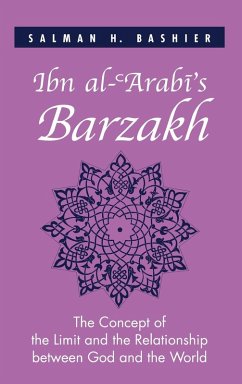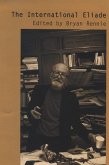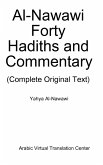This book explores how Ibn al-'Arabi (1165-1240) used the concept of barzakh (the Limit) to deal with the philosophical problem of the relationship between God and the world, a major concept disputed in ancient and medieval Islamic thought. The term "barzakh" indicates the activity or actor that differentiates between things and that, paradoxically, then provides the context of their unity. Author Salman H. Bashier looks at early thinkers and shows how the synthetic solutions they developed provided the groundwork for Ibn al-'Arabi's unique concept of barzakh. Bashier discusses Ibn al-'Arabi's development of the concept of barzakh ontologically through the notion of the Third Thing and epistemologically through the notion of the Perfect Man, and compares Ibn al-'Arabi's vision with Plato's.
Hinweis: Dieser Artikel kann nur an eine deutsche Lieferadresse ausgeliefert werden.
Hinweis: Dieser Artikel kann nur an eine deutsche Lieferadresse ausgeliefert werden.








